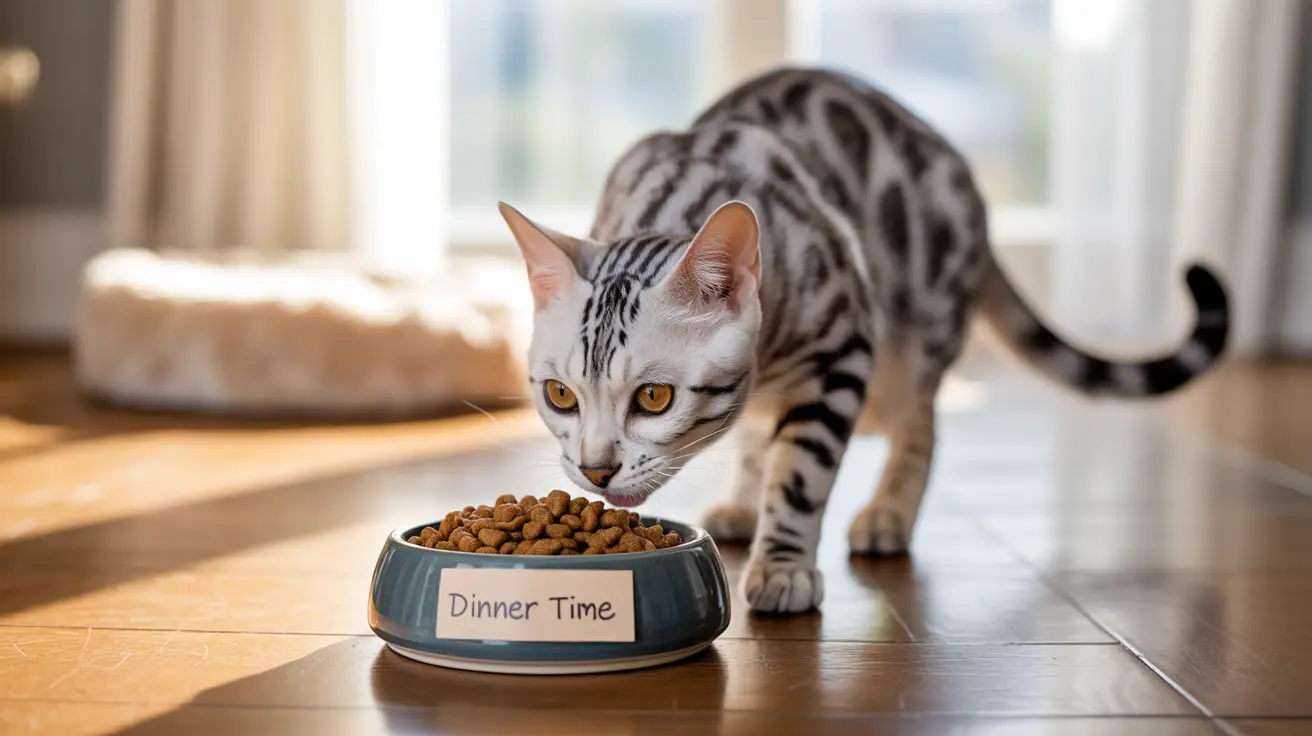Entendiendo la comida para gatos sin cereales: qué significa realmente
La comida para gatos sin cereales excluye granos comunes como el trigo, el maíz, el arroz y la cebada. Sin embargo, es importante entender que «sin cereales» no significa «sin carbohidratos». Estos alimentos suelen sustituir los cereales por fuentes alternativas de carbohidratos como patatas, guisantes o legumbres.
Muchas formulaciones sin cereales en realidad contienen niveles similares o superiores de carbohidratos en comparación con los alimentos tradicionales para gatos, lo que puede sorprender a los propietarios que esperan una opción baja en carbohidratos.
La ciencia detrás de las dietas sin cereales
Estudios científicos recientes han planteado preguntas importantes sobre la comida para gatos sin cereales. Aunque se promociona como más «natural» para los gatos, la investigación muestra que los gatos sanos pueden digerir y utilizar adecuadamente los cereales bien procesados como parte de su dieta.
Los nutricionistas veterinarios subrayan que la calidad y el equilibrio de los nutrientes importan más que la presencia o ausencia de cereales. De hecho, algunas alternativas sin cereales pueden ofrecer una nutrición menos óptima que las fórmulas tradicionales que sí contienen cereales.
Beneficios potenciales y riesgos
Beneficios de la comida sin cereales para gatos
- Puede beneficiar a gatos con alergias diagnosticadas a cereales (aunque estas son raras)
- Puede ser útil para condiciones médicas específicas cuando la prescribe un veterinario
- Algunas formulaciones aportan fuentes de proteína de alta calidad
- Puede mejorar la digestibilidad en ciertos gatos
Riesgos y preocupaciones
- Posibles desequilibrios nutricionales si no está bien formulada
- Mayor coste sin beneficios garantizados
- Posible vínculo con problemas cardíacos (la investigación continúa)
- Puede contener ingredientes que no son necesariamente mejores que los cereales
Cómo elegir la opción correcta para tu gato
Al decidir si la comida sin cereales es adecuada para tu mascota, considera estos factores clave:
- Las necesidades de salud específicas de tu gato y cualquier condición preexistente
- Recomendaciones veterinarias según la edad y el estilo de vida de tu gato
- El perfil nutricional general del alimento, no solo su condición de «sin cereales»
- Tu presupuesto y la sostenibilidad a largo plazo de la elección
Preguntas frecuentes
¿La comida sin cereales es mala para los gatos y cuáles son los riesgos potenciales?
La comida sin cereales no es inherentemente mala, pero puede presentar riesgos si no está bien formulada. Entre los riesgos potenciales figuran desequilibrios nutricionales y, en algunos casos, posibles vínculos con problemas cardíacos. Lo importante es elegir una dieta equilibrada que cumpla con los estándares de la AAFCO, independientemente de si contiene cereales.
¿Por qué algunos propietarios eligen dietas sin cereales si no son necesarias para la mayoría de los gatos?
Muchos propietarios optan por dietas sin cereales por afirmaciones de marketing, beneficios percibidos o la creencia de que son más naturales para los gatos. Sin embargo, estas decisiones suelen basarse en ideas erróneas en lugar de evidencia científica.
¿Cómo determino si una dieta sin cereales es adecuada para las necesidades específicas de mi gato?
La mejor manera de determinar si una dieta sin cereales es apropiada es consultar con tu veterinario. Él o ella podrá evaluar las necesidades específicas de tu gato, su edad y su estilo de vida para hacer recomendaciones dietéticas adecuadas.
¿Qué alternativas a los cereales se usan comúnmente en la comida sin cereales y son nutritivas?
Las alternativas comunes incluyen patata, boniato, guisantes, lentejas y garbanzos. Aunque estos ingredientes pueden aportar nutrientes, no son necesariamente superiores a los cereales y pueden contener niveles más altos de carbohidratos.
¿Debo considerar una dieta sin cereales si mi gato tiene alergias o sensibilidades alimentarias?
Si sospechas alergias alimentarias, trabaja con tu veterinario para realizar una prueba de eliminación adecuada. Las verdaderas alergias a cereales son raras en gatos; la mayoría de las alergias alimentarias están relacionadas con fuentes de proteína como pollo o pescado.
Conclusión
Aunque la comida para gatos sin cereales no es necesariamente perjudicial, no es necesaria para la mayoría de los felinos sanos. El factor más importante al elegir alimento para gatos es asegurarse de que aporte nutrición completa y equilibrada. Consulta siempre con tu veterinario antes de hacer cambios significativos en la dieta de tu gato y céntrate en encontrar un alimento de alta calidad que cubra las necesidades nutricionales específicas de tu mascota en lugar de seguir modas.






